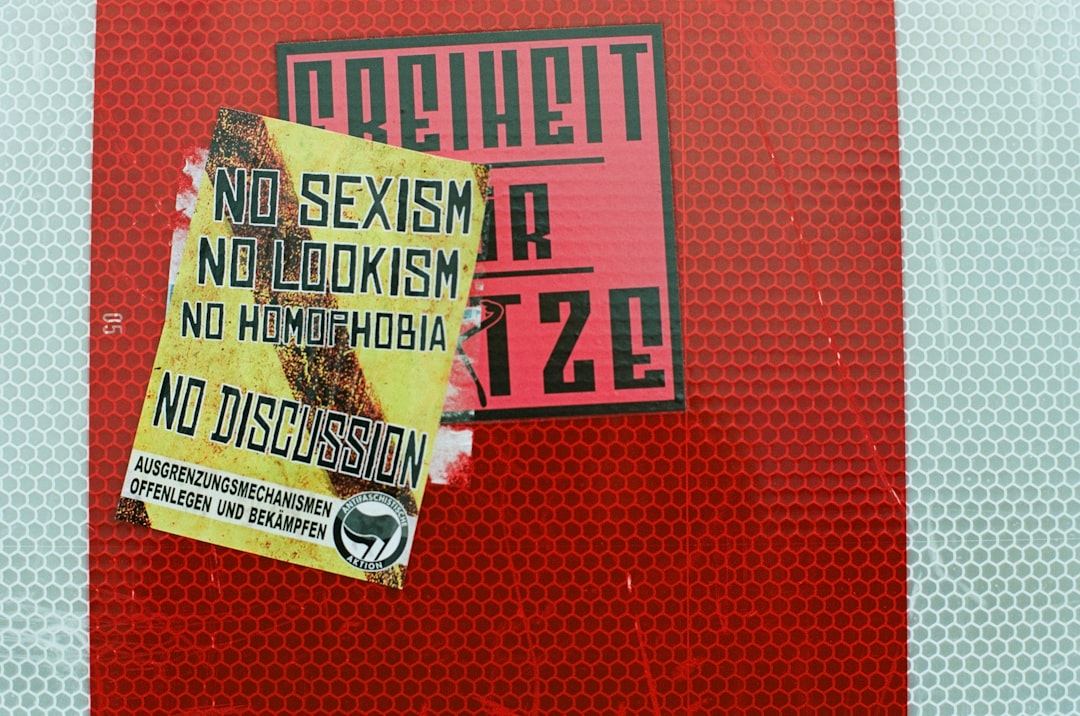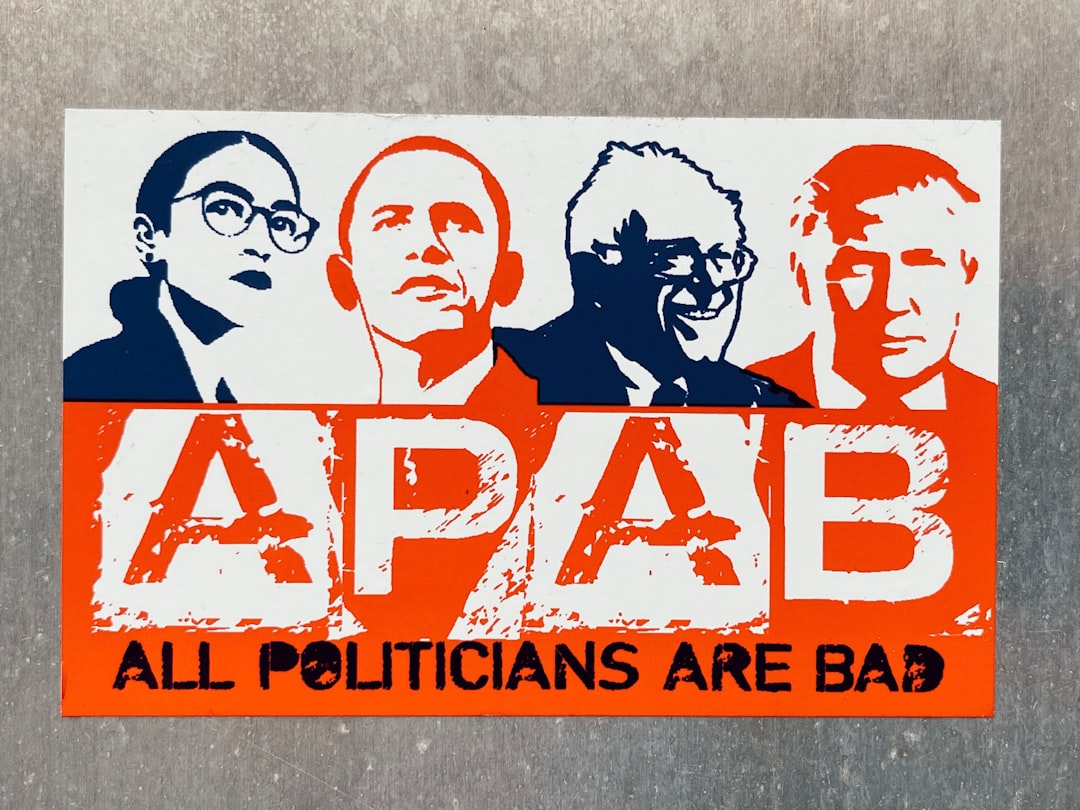The Great Reversal: How a Tragic Assassination Turned Trump's GOP into the Ultimate 'Cancel Culture' Warriors

In a stunning political reversal that has left Washington reeling, the very party that built its modern platform on waging war against "cancel culture" is now embracing it with a vengeance. Just five years after positioning themselves as the last bastion of absolute free speech, Donald Trump and his Republican allies are spearheading a campaign to silence and deplatform their opponents. This dramatic pivot reveals that in the high-stakes game of politics, the most deeply held principles can be terrifyingly flexible.
Cast your mind back to the 2020 Republican National Convention, a spectacle where the message was hammered home with fervent repetition: cancel culture was a societal poison rotting America from within. Speaker after speaker took to the primetime stage to condemn the public shaming and professional ruin of individuals for simply exercising their constitutional rights. "To the voiceless, shamed, censored and canceled, my father will fight for you," a passionate Eric Trump declared, cementing the GOP's brand as the unwavering defender of the persecuted.
But that was a different era. The political landscape was violently and irrevocably redrawn by the shocking assassination of conservative firebrand Charlie Kirk. Kirk wasn't just another activist; he was a prominent voice who had stood on that very 2020 convention stage, decrying the same forces of cancellation that many now blame for fostering the climate that led to his death. His loss sent shockwaves of raw rage and profound grief through a White House filled with his close friends and allies, including Vice President JD Vance, transforming a political debate into a deeply personal vendetta.
In the tragic aftermath, the party's ideological compass has spun out of control. The former champions of the "canceled" have become the chief cancelers. Fueled by a potent cocktail of sorrow and a desire for retribution, Trump and top Republicans are now aggressively seeking to redefine the boundaries of acceptable speech and dictate the rules of engagement. The very tactics they once loathed—public ostracization, calls for firings, and intense social pressure—have become their primary weapons in a culture war they have reignited on their own explosive terms.
This breathtaking U-turn forces a difficult examination of political conviction in modern America. Once the self-proclaimed voice for the voiceless, the GOP's new crusade suggests that the fight was never truly about the abstract principle of free speech, but rather about whose speech deserves protection. As raw emotion dictates policy from the highest echelons of power, the nation holds its breath, watching to see who will be "canceled" next in this brutal new chapter of the culture wars.


